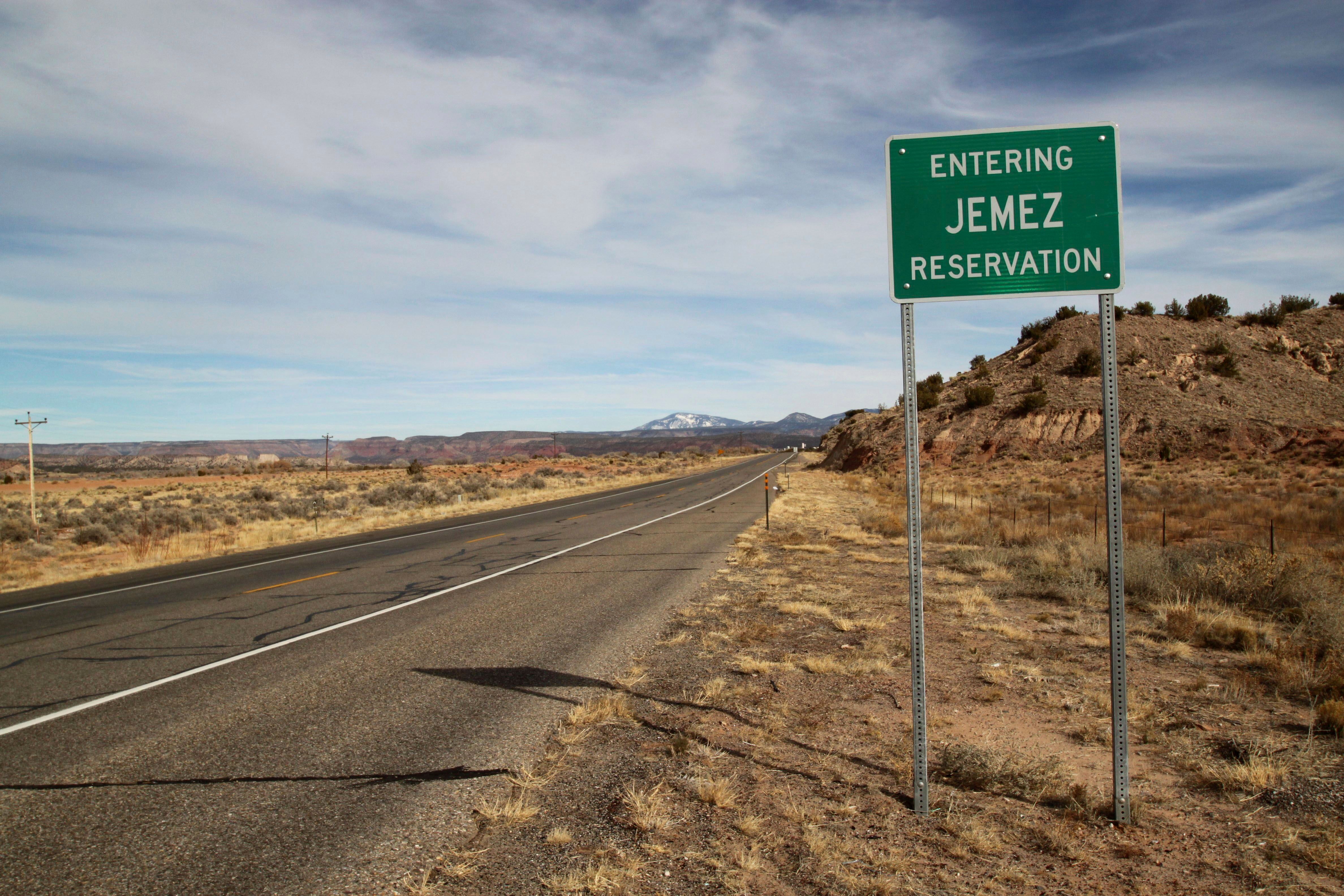New Mexico tribes sue US over federal clean water rule
Two Indigenous communities in New Mexico are suing the U.S. Environmental Protection Agency over a revised federal rule that lifts protections for many streams, creeks and wetlands across the nation

Your support helps us to tell the story
From reproductive rights to climate change to Big Tech, The Independent is on the ground when the story is developing. Whether it's investigating the financials of Elon Musk's pro-Trump PAC or producing our latest documentary, 'The A Word', which shines a light on the American women fighting for reproductive rights, we know how important it is to parse out the facts from the messaging.
At such a critical moment in US history, we need reporters on the ground. Your donation allows us to keep sending journalists to speak to both sides of the story.
The Independent is trusted by Americans across the entire political spectrum. And unlike many other quality news outlets, we choose not to lock Americans out of our reporting and analysis with paywalls. We believe quality journalism should be available to everyone, paid for by those who can afford it.
Your support makes all the difference.Two Indigenous communities in New Mexico are suing the U.S. Environmental Protection Agency over a revised federal rule that lifts protections for many streams, creeks and wetlands across the nation, saying the federal government is violating its trust responsibility to Native American tribes.
The pueblos of Jemez and Laguna are the latest to raise concerns over inadequate protections for local water sources in the desert Southwest The challenge filed last week in federal court follows a similar case brought in 2020 by the Navajo Nation the nation’s largest Native American tribe, and several environmental groups.
Like other Indigenous communities, the Laguna and Jemez pueblos said in the court filing that waters flowing through their lands are used for domestic and agricultural purposes and are essential for cultural and ceremonial practices.
Removing or limiting access to clean water for both rural communities directly threatens to diminish tribal resources and adversely affect cultural practices, the lawsuit stated.
Both pueblos have small populations with poverty rates surpassing the national average. Laguna encompasses nearly 20 square miles (50 square kilometers) just west of Albuquerque Jemez Pueblo covers mountainous and desert regions in northern New Mexico.
The tribes argue that water holds a special value because of its scarcity in the arid Southwest. They describe the gullies, arroyos and seasonal streams inscribed into the landscape as “a vein of life” that channels rain or snowmelt to their communities.
“Any water pollution in and around the pueblos has a disproportionate impact because of the scarcity and preciousness of the resource in the region,” the lawsuit stated.
The rule change, which took effect in June, narrowed the types of waterways that qualify for federal protection under the half-century-old Clean Water Act. As a result, critics have said that the number of waterways in New Mexico and other arid states in the West that were previously protected under the act were drastically reduced.
The Navajo Nation, environmental groups, public health advocates and some Western states that are waging their own legal battles over the rule have said the rollback left many of the nation’s millions of miles of waterways more vulnerable to pollution since permits are no longer necessary for discharging pollution into many rivers, lakes and streams.
In adopting the change, federal officials argued last year that a previous Obama-era rule imposed unnecessary burdens on property owners and businesses and that the change would bring regulatory certainty for farmers, homebuilders and landowners.
Since January, the Biden administration has been reviewing numerous rules adopted over the last four years and is expected to reverse many of them.
New Mexico was among the states that went to court last May seeking to prevent the rule from taking effect.
At the time, New Mexico Environment Secretary James Kenney warned that the rule would leave nearly 90% of the state’s rivers and streams and about 40% of its wetlands without federal protection.
He predicted that would “devastate New Mexico’s scarce and limited water resources.”
The state in comments previously submitted to the federal government noted that New Mexico has no state protections to fall back on. New Mexico is one of three states that do not have delegated authority from the EPA to regulate discharges of pollution into rivers, streams, and lakes.
Laguna Pueblo relies on the federal government to implement nearly all of the Clean Water Act's pollution programs on its behalf and does not have the financial or administrative capacity to administer the programs itself.
According to the lawsuit, up to 97% of Laguna waterways are affected and the pueblo has concerns about contamination upstream from past uranium mining and milling.
Jemez Pueblo depends on federal authority under the act to protect waters outside its jurisdiction. About 94% of the Jemez watershed was affected by the rule change.